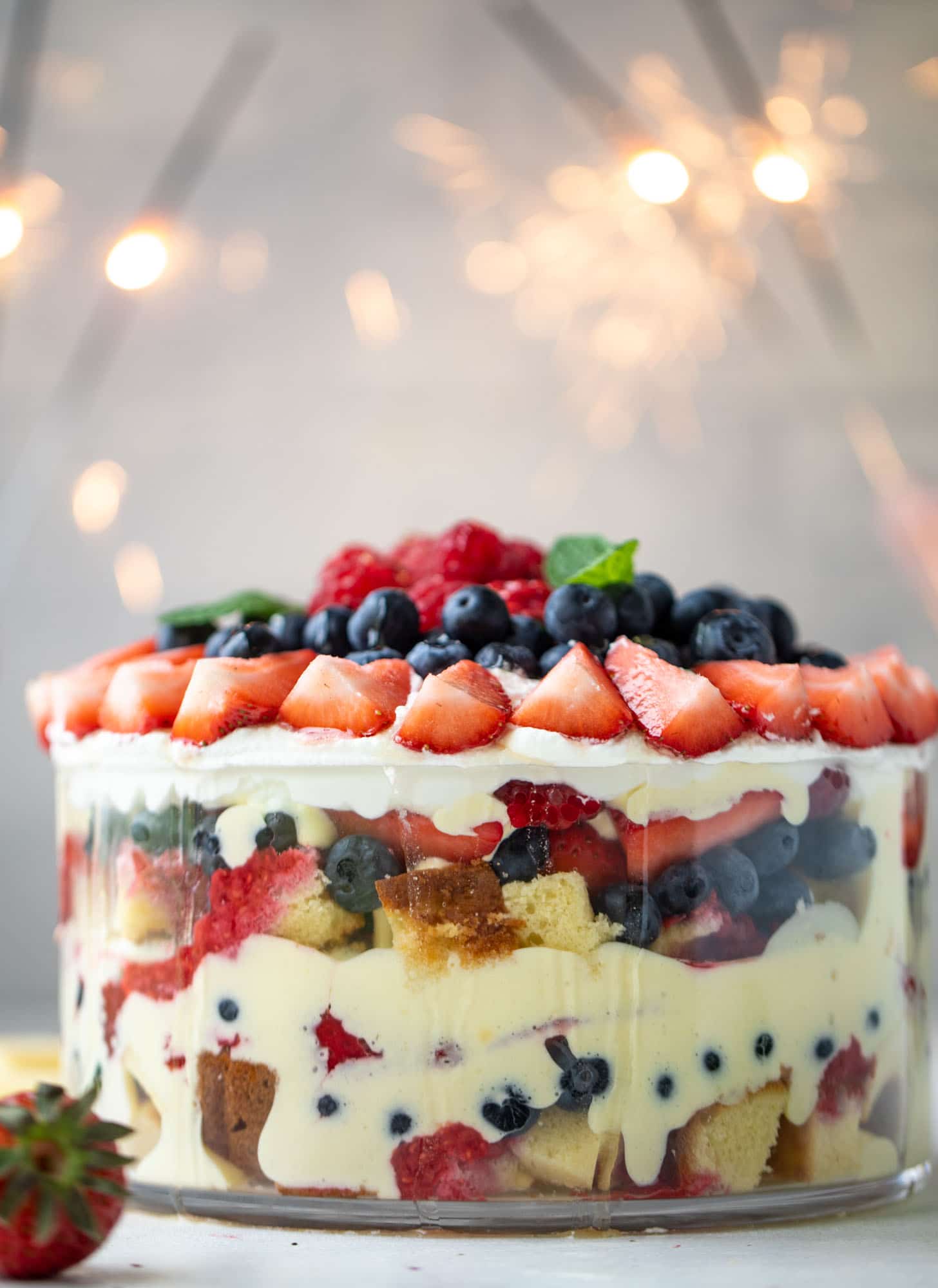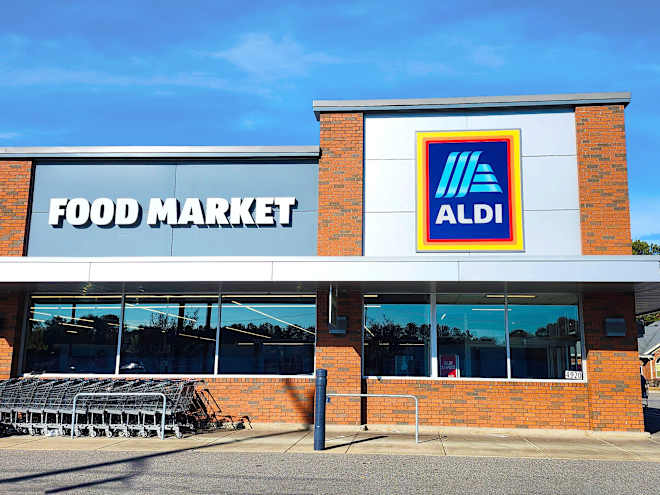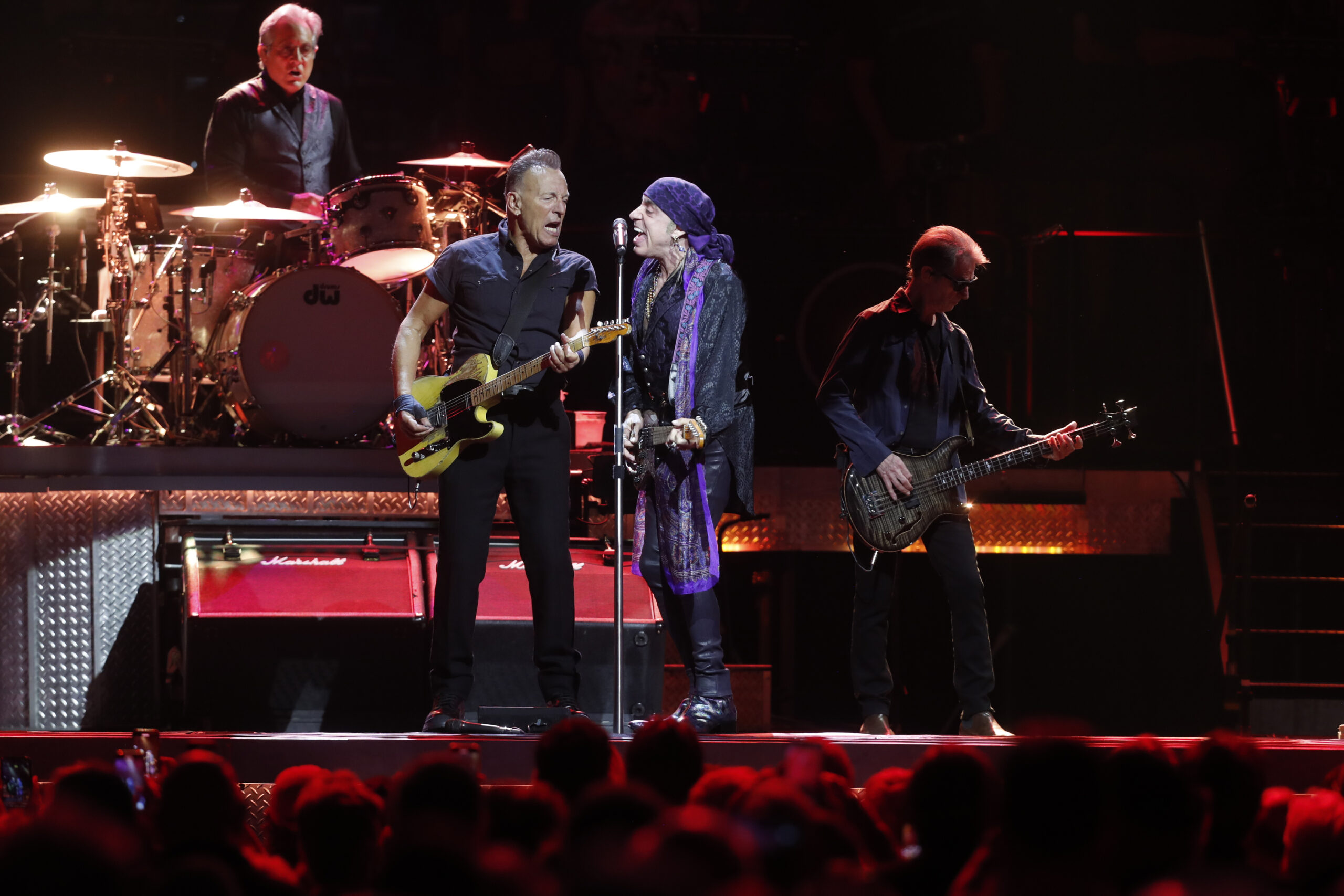Personalized Market Insights of the Perfume Industry
The world's perfume industry is not just a sale of scents. It's an exciting space in which personalization, storytelling and sensory experiences come together. Consumers are increasingly seeking items that reflect their individuality as well as their lifestyles and values and preferences, individualized market insights have been essential for companies looking to succeed.

The world's perfume industry is not just a sale of scents. It's an exciting space in which personalization, storytelling and sensory experiences come together. Consumers are increasingly seeking items that reflect their individuality as well as their lifestyles and values and preferences, individualized market insights have been essential for companies looking to succeed.
From small-scale perfumers to high-end giants, the Farje perfumes industry is experiencing a change that is driven by technology, innovation and consumer-focused strategies. This blog examines how personal market research is changing the direction of the perfume industry.
Understanding the Shift
The past was when perfumes were advertised with a single-size-fits-all model with a focus on gender-specific advertising along with seasonal launches. Today, the buyer of perfume is more knowledgeable and individual. They're not just searching for an enjoyable scent, they want one that is a reflection of their personality.
This new paradigm requires an extensive segmentation of the market and individualized design of products.
Key Drivers of Change:
The rise of niche and independent fragrance brands
Influence of Gen Z and Millennials
Technology for customization
E-commerce and AI-powered suggestions
1. Consumer Behavior Insights
A customized market study reveals that the current perfume buyers:
Choose distinctive scents instead of the common scents.
Value sustainable and organic ingredients.
People are drawn to gender neutral and unisex scents.
Look for brands that are based on stories--they would like to know the story behind a scent's creation.
By studying purchase patterns and trends on social media, and even reviews, brands are able to adapt their offerings to meet the changing preferences of consumers.
2. Geographic and Cultural Personalization
Different regions exhibit different scent preferences. For instance:
Middle Eastern markets typically favor rich oud-based scents.
Asian customers tend to favor lighter, floral or citrus-based notes.
European customers like classic and sophisticated profiles.
Employing geo-targeted insight, companies can design regional-specific packaging, product lines and even campaigns. This approach is more local and increases participation and conversion rates.
3. AI and Data-Driven Customization
Through the integration of AI, companies can now gather real-time information and provide:
Scent tests and algorithms that match users to the perfect perfume.
Profiles of virtual fragrances that change based on mood, weather conditions or even the time of day.
Engraving and customizing options at the time of checkout.
This personalization level is not just about improving customer satisfaction, but also encourages the purchase of more products and increases brand loyalty.
4. Emergence of Bespoke Fragrance Services
Luxury consumers are turning to customized extrait de Parfum specifically designed for their needs. These are usually inspired by:
Consultations on the scent of your choice
Tests for skin chemistry
Lifestyle profiling
While it isn't mainstream, this trend is a rapidly growing market in which brands can provide unforgettable, valuable experiences.
5. Social Media & Influencer-Driven Preferences
Through platforms such as TikTok and Instagram consumers are posting their top scents, seasonal selections and packaging designs. Individualized insights from social media analytics could:
Identify trending notes (e.g., vanilla, bergamot, tobacco)
Find rising brands and influencers.
Find out what packaging aesthetics are trending
Fragrance companies that use this data can launch influencer-led marketing campaigns as well as limited editions that align with the current mood.
6. Sustainability as a Personalized Value
Consumers who are eco-conscious now want:
Refillable bottles
Minimalist, recyclable packaging
Transparent ingredient sourcing
Customizing the message of a product that are based on the sustainability of a customer's values can dramatically increase the trust and loyalty of a brand.
Final Thoughts
The world of perfume isn't just about smell good, it's about being heard. Utilizing market insights that are personalized fragrance companies can design experiences that directly appeal towards the soul (and the nose) of their customers.
Through data-driven customization such as regional scent customization or even value-aligned storytelling Personalization is the key to long-term relevancy to the contemporary perfume business.


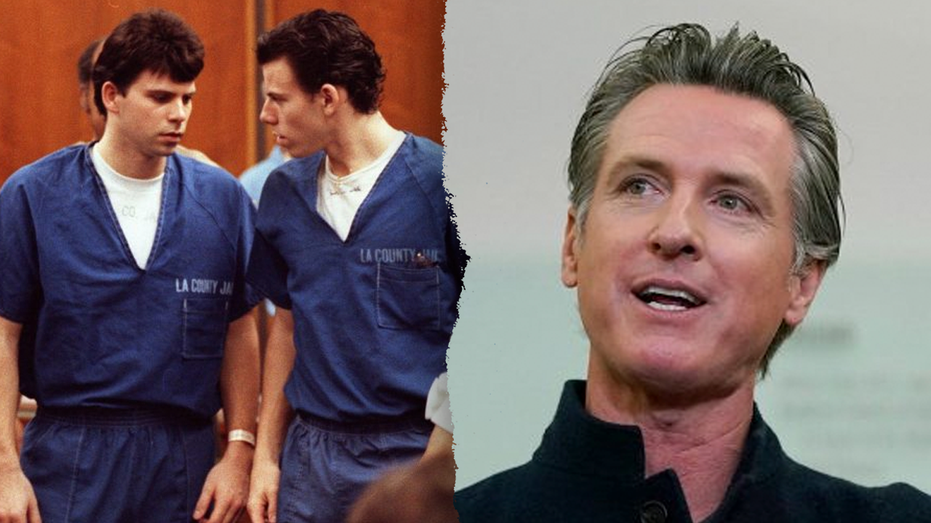
















![[DEALS] The 2025 Ultimate GenAI Masterclass Bundle (87% off) & Other Deals Up To 98% Off – Offers End Soon!](https://www.javacodegeeks.com/wp-content/uploads/2012/12/jcg-logo.jpg)



-Olekcii_Mach_Alamy.jpg?width=1280&auto=webp&quality=80&disable=upscale#)













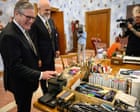




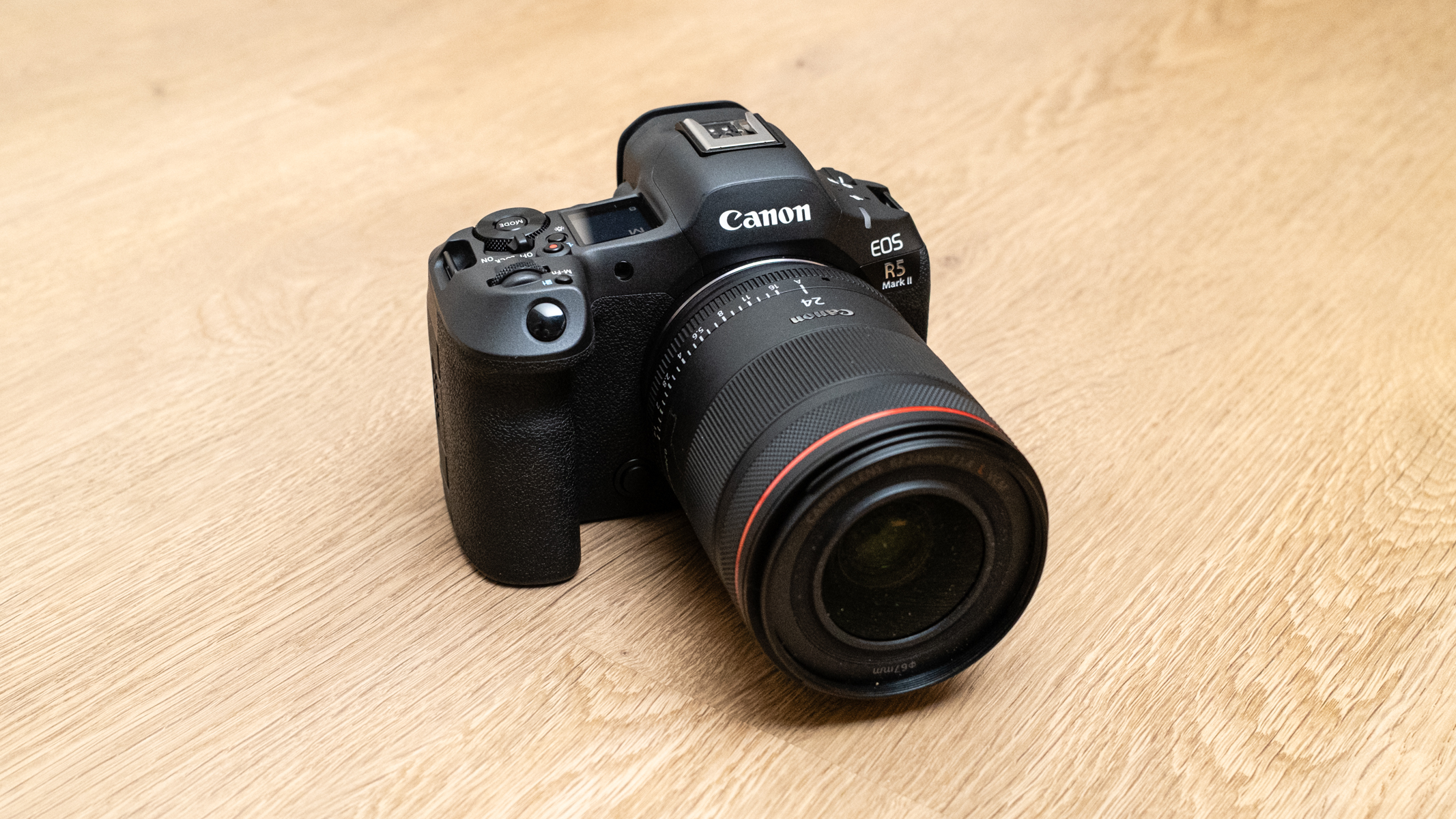




![Air Traffic Controller Claps Back At United CEO Scott Kirby: ‘You’re The Problem At Newark’ [Roundup]](https://viewfromthewing.com/wp-content/uploads/2025/05/scott-kirby-on-stage.jpg?#)



